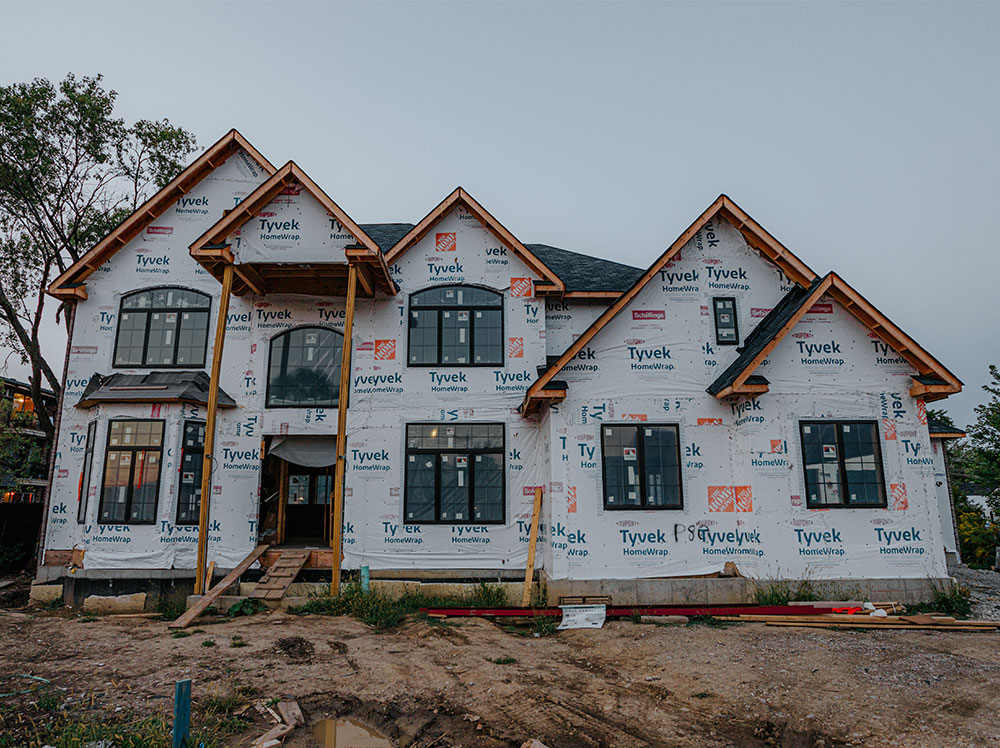
Future Proofing a Modern Home
In an era of rapid technological advancements and evolving lifestyles, the concept of future-proofing a modern home has gained paramount importance. As we strive for sustainability, efficiency, and resilience, the blueprint for an ideal home extends beyond current trends. Here’s a comprehensive guide on future-proofing your abode for enduring comfort and cutting-edge living.
1. Sustainable Infrastructure: Embrace eco-friendly construction materials, renewable energy sources, and smart home technologies to reduce your carbon footprint and create a home that aligns with environmental consciousness.
2. Flexible Design: Design spaces that adapt to changing needs. Versatile layouts and multi-functional rooms accommodate evolving family dynamics, ensuring your home remains relevant as lifestyles evolve.
3. Smart Home Integration: Invest in intelligent home automation systems that provide convenience, security, and energy efficiency. From smart thermostats to AI-driven security, these technologies enhance your home’s functionality and value.
4. Energy-Efficient Appliances: Opt for energy-efficient appliances and fixtures to minimize utility costs and contribute to a sustainable future. LED lighting, energy-star rated appliances, and efficient HVAC systems are key considerations.
5. High-Tech Infrastructure: Future-proof your home by incorporating high-tech infrastructure for emerging technologies. Plan for seamless integration of augmented reality, virtual reality, and other innovations that may become integral to daily life.
6. Resilient Construction: Consider resilient construction methods to mitigate the impact of natural disasters. From reinforced foundations to durable roofing materials, prioritize elements that enhance your home’s ability to withstand unforeseen challenges.
7. Sustainable Landscaping: Extend your commitment to sustainability beyond your home’s walls. Implement low-maintenance, native landscaping practices that conserve water and promote biodiversity.
8. Connectivity Infrastructure: Ensure your home is equipped with robust connectivity infrastructure. With the rise of remote work and smart city initiatives, a well-connected home will be essential for seamless integration into evolving digital landscapes.
9. Accessibility Features: Design with accessibility in mind to accommodate all stages of life. Incorporate features such as wider doorways, ramps, and easily modifiable spaces to ensure your home remains comfortable and accessible over time.
By adopting these forward-thinking strategies, you can future-proof your modern home, creating a sustainable, adaptable, and technologically advanced living space that stands the test of time.






